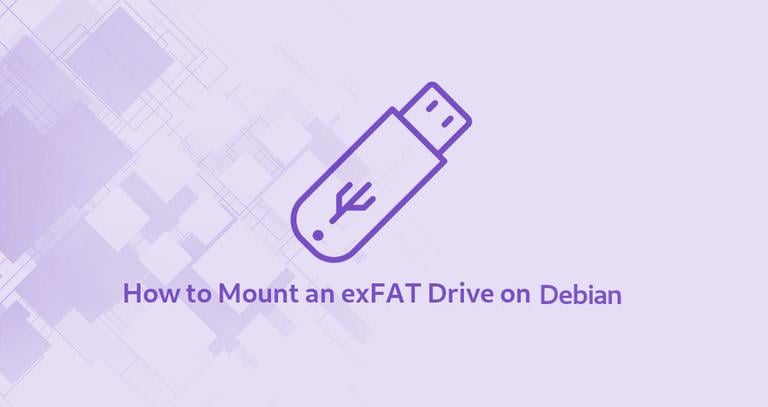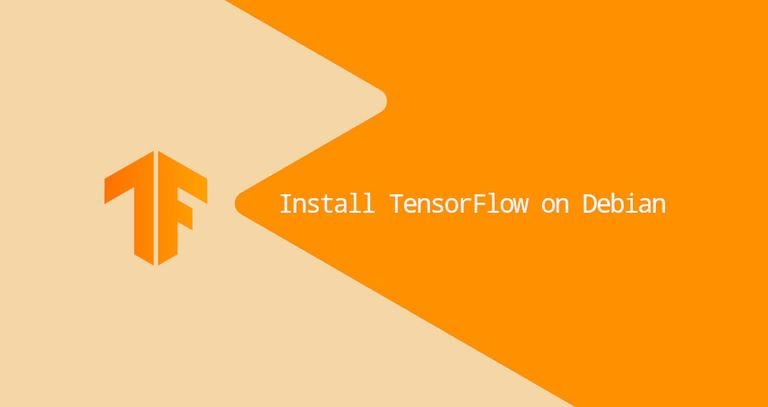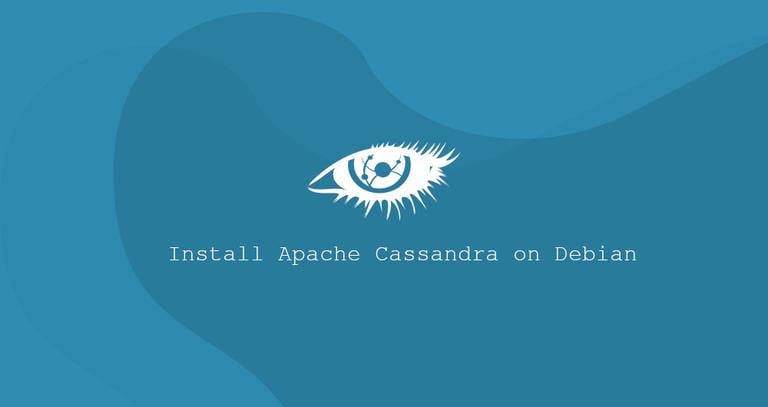How to Mount an exFAT Drive on Debian Linux
Published on
•2 min read

exFAT (Extended File Allocation Table) is a proprietary Microsoft file system optimized for flash memory devices such as SD cards and USB flash drives. It was designed to replace the old 32bit FAT32 file system that cannot store files larger than 4 GB.
exFAT file system is supported by default on all the latest versions of Windows and macOS operating systems. Debian, like most of the other major Linux distributions, doesn’t provide support for the proprietary exFAT filesystem out of box.
In this tutorial, we’ll show you how to enable exFAT support on Debian Linux.
How to Enable exFAT Support on Debian Linux
To mount an exFAT filesystem on Debian, first you’ll need to install the free FUSE exFAT module and tools which provide a full-featured exFAT file system implementation for Unix-like systems.
Open your terminal and install the exfat-fuse and exfat-utils packages using the following commands:
sudo apt updatesudo apt install exfat-fuse exfat-utils
That’s it! You can now mount exFAT formated USB drives.
Conclusion
To enable support for the exFAT file system on Debian you only need to install the FUSE exFAT module and tools. Some people refer to exFAT as FAT64.
Usually, the USB drive will auto-mount when you insert it, but if the auto-mount fails you can mount the drive manually .
If you hit a problem or have feedback, leave a comment below.


